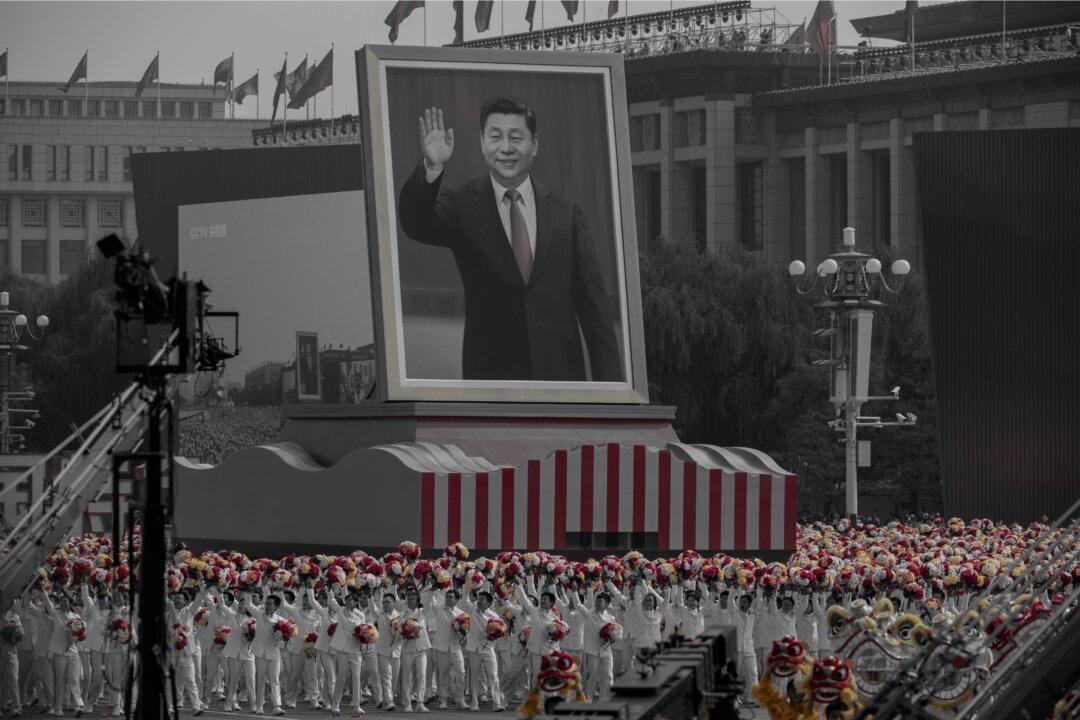Chinese leader Xi Jinping opened the fourth plenary session of the Chinese Communist Party (CCP)’s 19th Central Committee with a speech about the need for Beijing to “modernize its state governance,” which observers say could be part of the CCP’s strategy to export the Chinese socialism system to the world.
The four-day political conference, where top officials usually discuss personnel changes and political reforms, began at the Jingxi hotel in Beijing on Oct. 28. Some 372 members of the Party elite have the right to attend, as incumbent and alternate members of the CCP’s Central Committee.





